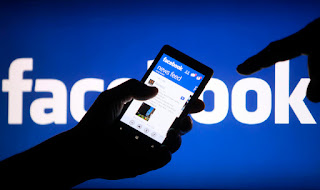Facebook boss Mark Zuckerberg released Wednesday, March 6, 2019 a forum on his social network. He looks back on the group's strategy, which he believes should make a shift toward greater privacy for their users.
It is a long time ago, when Mark Zuckerberg felt that privacy was a "social norm exceeded". Nearly ten years after this media release, Facebook boss took the pen Wednesday, March 6, 2019 to deliver his vision of the future of its social networks. "I imagine that a platform based on secure communications will surpass today's open platforms.Privacy gives users the freedom to be themselves and to join more naturally," said Mark Zuckerberg, in a long text that resembles a half-hearted apology following the Cambridge Analytica scandal that rocked the Internet giant in 2018.
RESPOND TO THE EXPECTATIONS OF USERS
The leader highlights Facebook's bad reputation for data protection services. It ensures to be ready to evolve the service to remedy it ... even to refocus its activity on features that are not initially part of its DNA. "Courier services, private groups and ephemeral stories are driving growth in online communication," says Mark Zuckerberg, "and users are also keen to have a history of what they share."
The future of Facebook will be based on certain security principles that are already making the success of its subsidiary WhatsApp. Private interactions, encrypted end-to-end, and ephemeral content: these features will be deployed on all applications of the group (Messenger, Instagram and WhatsApp, ed), which will become otherwise fully compatible. No more saturation of the storage of your phones with multiple applications: only one of them will communicate with your relationships, regardless of the service used. "These changes will be progressively implemented in the coming years (...) and not behind closed doors, and we hope to be able to proceed openly and collaboratively," says Zuckerberg.
The boss of the Internet giant, however, does not fully bury open social networks. "They will continue to play an important role in reaching out to all of their knowledge, meeting new people or, more broadly, gaining a certain audience," he predicts. An evolution towards more data protection, so ... but by no means a denial.
